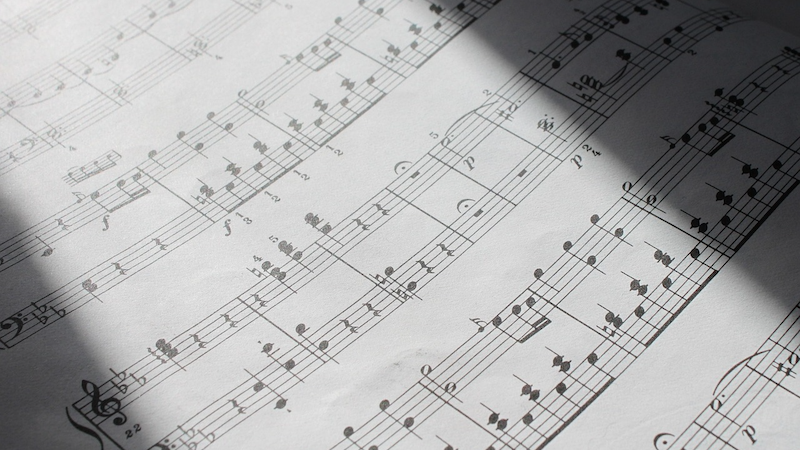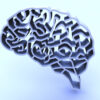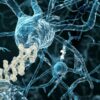New research by Sandra Oberleiter and Jakob Pietschnig of the University of Vienna’s Department of Psychology, released by the journal Scientific Reports, disproves the hypothesis that listening to Mozart’s music can reduce the severity of epileptic seizures.
These theories originated from the long-debunked finding that students’ performance on tests of spatial reasoning temporarily improved after hearing Mozart’s sonata KV448 in D major, specifically the first movement, allegro con spirito.
“Here, we present the first formal meta-analysis on this topic, based on k = 8 studies (N = 207),” the report reads.
“Further published studies that met our inclusion criteria had to be omitted due to insufficient reporting and author non-responsiveness on data requests.”
“In all, listening to music, let alone a specific kind of sonata, does not appear to have any beneficial effect on epilepsy. Unfounded authority, underpowered studies, and non-transparent reporting appear to be the main drivers of the Mozart effect myth,” the study’s authors determined.


